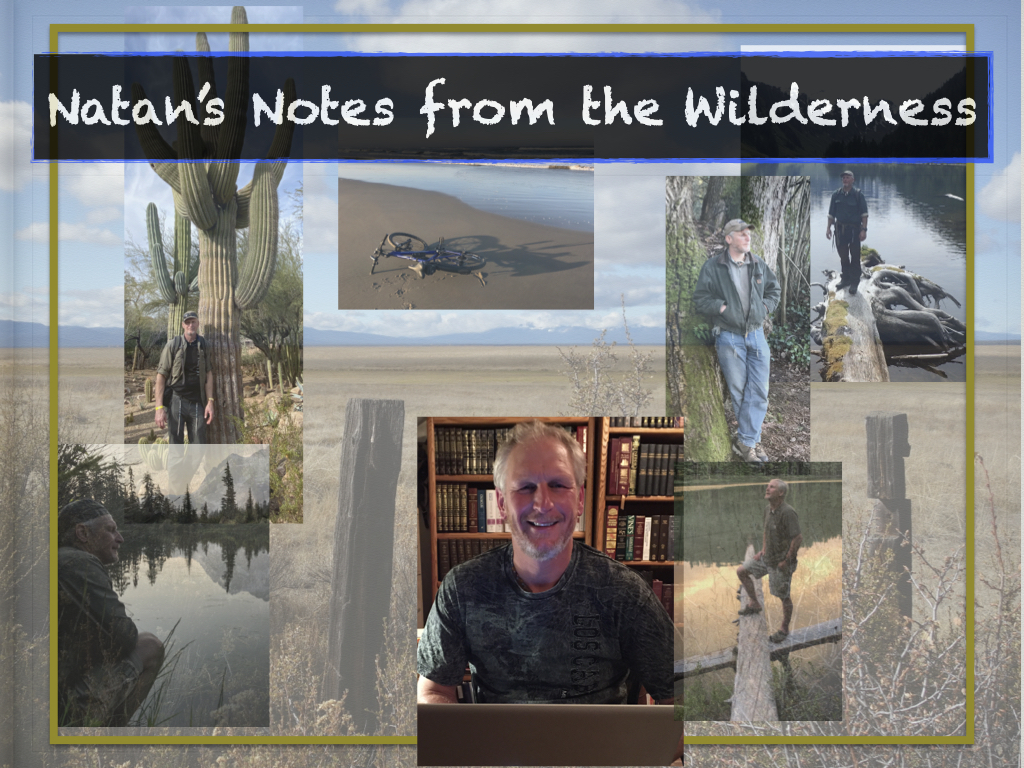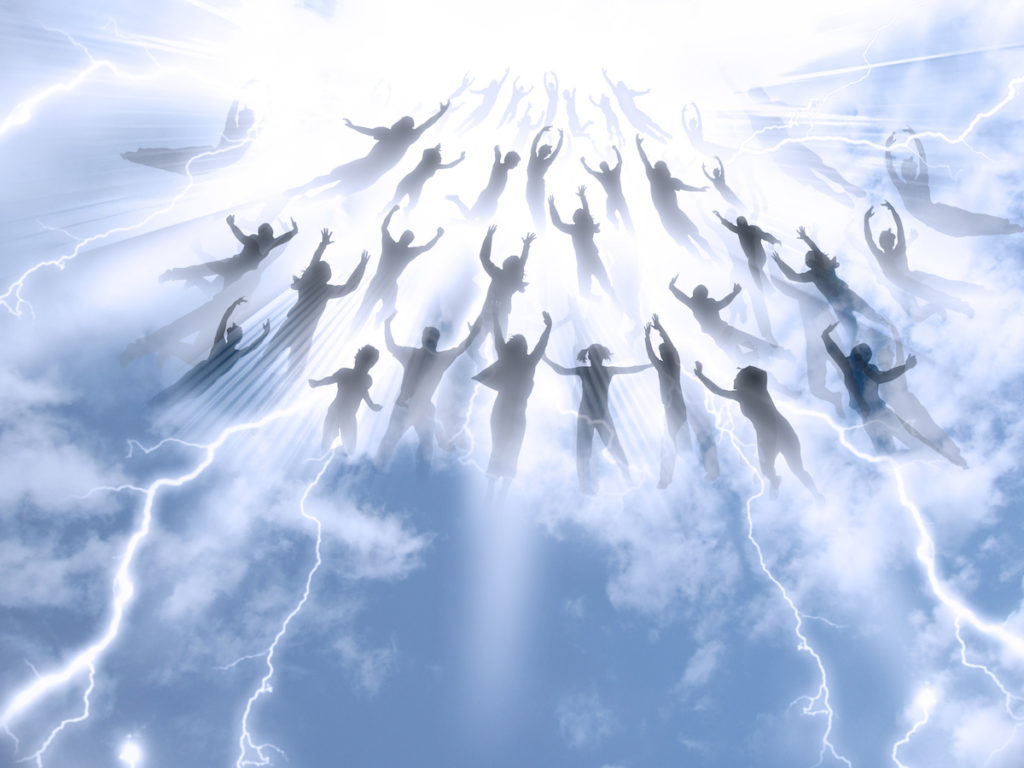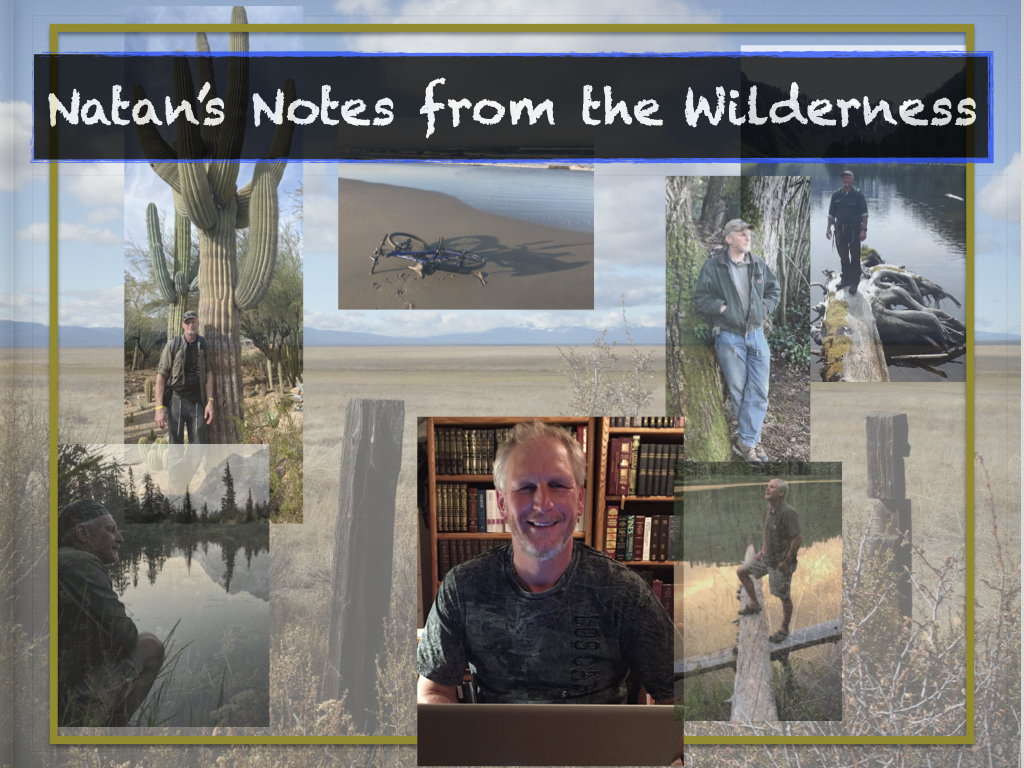
1 Corinthians 15:14, If Messiah is not risen.Yeshua the Messiah is at the center of the redeemed believer’s life and belief system. Prior to his incarnation, the entire Tanakh pointed to him; the Gospels are about his life; the rest of the New Testament (appropriately called the Testimony of Yeshua by John the apostle in the Book of Revelation) reveal him in his fullness. Since then, we all look back to him as the focal point of all history before and after him. Next to the humanly incomprehensible miracle of his incarnation, what rises in preeminence about him is his resurrection. This fact is perhaps the most unique aspect of Yeshua’s life that sets him apart from all the other religious figures that have come and gone over the course of human history. As Paul states in this verse, if Messiah didn’t rise, then the preaching of the gospel is a pointless dead end philosophy—the redeemed believers faith is meaningless.
Why is the resurrection so vital to our faith? Besides the fact that the resurrection of Yeshua is unique in the religions of men, it proves that Yeshua knew what he was talking about when he spoke about life, death, eternal life. His life, death and resurrection makes him an expert on life, death and the afterlife. He has lived on both sides of reality. He went into the realm of death, defeated it, and then came back from the dead to show man how to procure immortality by defeating death. Unlike reincarnation, Yeshua came back as himself and testified to what he had experienced. No other religious leader offers this to his disciples.
What’s more, Yeshua’s resurrection defeated death, which is man’s ultimate enemy. The followers of Yeshua no longer need to fear death, which is the mother of all human fears. This reality is the believer’s ultimate source of hope and joy as Paul so superlatively writes later in verses 54 through 57 of this chapter.
1 Corinthians 15:29, Baptized for the dead. For certain, Paul is not talking about proxy baptism for dead people in hopes of saving them spiritually as one modern church incorrectly teaches. If so, this would fly in the face of everything else he taught about the purpose and significance of the baptism ritual. If the dead know nothing, as the Scriptures teach (Eccl 9:5), then how can a dead person consciously identify with the death, burial and resurrection of Yeshua, which is the purpose of baptism?
Verse 29 is an awkward verse, to be sure. When we have such an enigmatic verse, it’s illogical to pull it out of context and make a doctrine out of it as the Mormon church does in baptizing living people for dead people. Instead, we must interpret this verse in the light of and against the contextual backdrop of other clear passages that relate to the same subject. In the context of 1 Cor 15, Paul is talking about a believer’s hope through Messiah, and how those who don’t have faith in Yeshua have no hope of eternal life. If we die with a faith in Yeshua, we have the hope of being resurrected from the dead as he was. If we die without that hope, then all we have is this physical life and then we die and that’s it. In verse 19 (in the context of the previous verses), Paul mentions the hope that we have in Messiah because of his bodily resurrection. So now when we come to verse 29 and we read the phrase “baptized for the dead,” it should be a logical conceptual progression to understand what Paul is talking about. He is saying that because baptism is a picture of death and resurrection, and if we go through that ritual and there is no hope of resurrection for the dead, then what’s the point of it all? Why get baptized if there is no hope and “if the dead do not rise at all” as he says in the latter part of the same verse? To clarify this verse, we could succinctly rewrite it as follows: “Otherwise, what will thy do who are baptized for [the hope of] the dead, if the dead do not rise at all? Why then are they baptized for the [hope of the] dead?” This verse has nothing whatsoever to do with getting baptized for your dead relatives. Such an interpretation of verse 29 is a sad twisting of this passage and has caused millions of people to waste a lot of time digging into their family genealogy and then getting “baptized” for all their dead relatives.
Let us recall what Peter said of the writings of Paul, “as also in all his epistles, speaking in them of these things, in which are some things hard to understand, which untaught and unstable people twist to their own destruction, as they do also the rest of the Scriptures” (1 Pet 3:16). First Corinthians 15: 29 is another example of the difficult writings of Paul.
1 Corinthians 15:32, I have fought with beasts.Paul is comparing his experiences in Ephesus to a gladiatorial match against wild beasts. Likely, though, he means this metaphorically, since as a Roman citizen, it’s unlikely that he would have been subjected to such punishment (Manners and Customs, p. 297).
1 Corinthians 15:52, The last trumpet.In Jewish thought, the last trumpet refers to the final shofar blast of the series of blasts sounded on the Day of Trumpets (Yom Teruah) called the tekia gedolah. This is a clear indication that Yeshua will return from heaven to gather his elected — both the living and the dead — on the first day of the seventh month, which is Yom Teruah.
We shall be changed.This scripture passage along with others by Paul, James and John clearly indicates that the apostolic writers when writing these passages (i.e. prior to AD 70, the fall of Jerusalem and the destruction of the temple) viewed the second coming of Yeshua as imminent, and was not far off in the future. (See also 1 Cor 7:26, 29, 31; 1 Thess 4:14–15; Rom 13:11; 16:20; Phil 4:5; cp. Jas 5:7–9; 1 John 2:18.) The imminence of Yeshua’s second coming may have been based on a misunderstanding of Yeshua’s own words in his Olivet Discourse where he talks about the events announcing his second coming falling on “this generation” (Matt 24:34, 36). From this passage, it’s not readily understood to which generation he is referring—that one, or another off in the future, or both. It appears that the apostles applied his words to their generation.
1 Corinthians 15:56, The sting of death.For the righteous, whose sins have been forgiven, death is not to be feared but welcomed, since it’s the doorway to eternal life. For those whose sins haven’t been forgiven, death is to be feared, since sin (the violation of YHVH’s Torah commandments) still has a legal hold on them and will result in eternal death.




